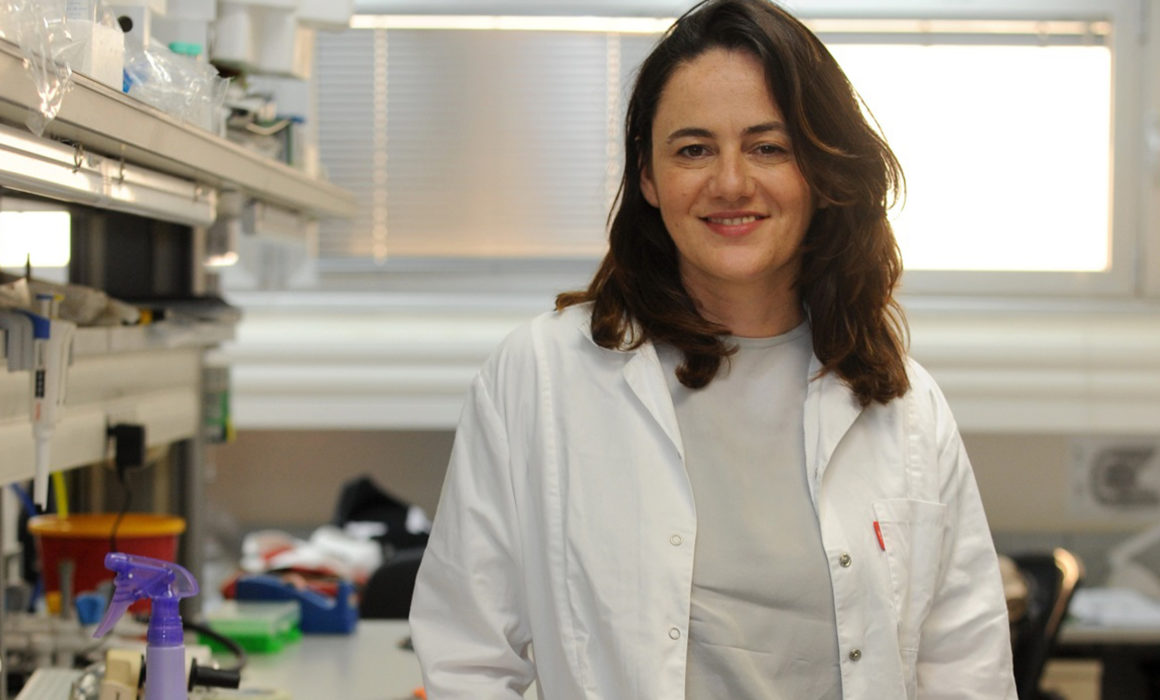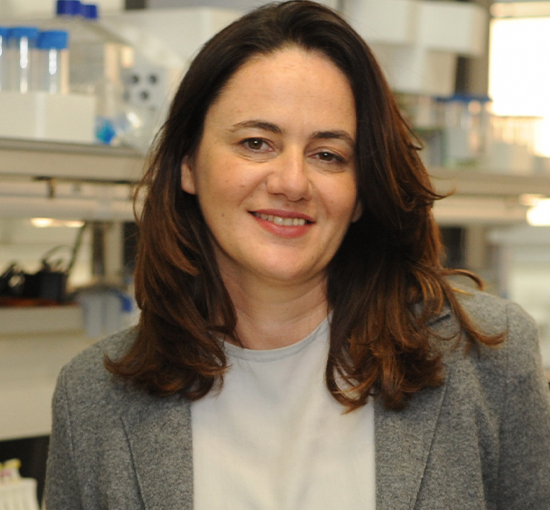The Rappaport Technion Integrated Cancer Center (RTICC) is proving itself to be a hotbed of innovation in the realm of personalized medicine. The cancer research community—both at the Technion and worldwide—has increasingly recognized that each patient can benefit from an individual course of treatment based on the particular conditions inside the body. One patient may respond well to a specific pain medication while the next patient does not. In the realm of cancer treatment, for example, a medicine designed to target HER2-positive breast cancer will be more effective in treating a patient with this variant of the disease than otherwise. The RTICC is also ushering personalized medicine into the study of gender differences in treatment. For example, it is known that the toxicity profile for a medicine differs between men and women, as well as those of varying height and weight. This is leading RTICC researchers to explore the possibility that female cancer patients should receive different treatment protocols than male patients.
Another potential application of personalized medicine being studied at the RTICC involves the link between psychological stress and susceptibility to cancer. As studied by Associate Professor Asya Rolls, a member of the Technion’s Rappaport Faculty of Medicine, stress suppresses the body’s immune system, which is ordinarily harnessed to fight tumors. Could the activation of the brain’s reward system impact the body’s ability to fight disease? Assoc. Prof. Rolls and her team found that by stimulating the reward system in mice brains, immune cells extracted from the mice were more potent in killing bacteria as well as in shrinking the size of tumors, compared to mice whose reward systems were not stimulated. Future work could sharpen techniques for shrinking tumors of individual patients by stimulating the reward system in their brains.
In all of the efforts to advance personalized cancer treatments at the RTICC, cutting-edge technology is expected to play a significant role. “The increasing availability of large databases with imaging and clinical data, which are capable of being analyzed using AI and deep-learning tools, will help researchers further customize treatment based on individual patients’ needs,” says Prof. Ben-Aharon.

